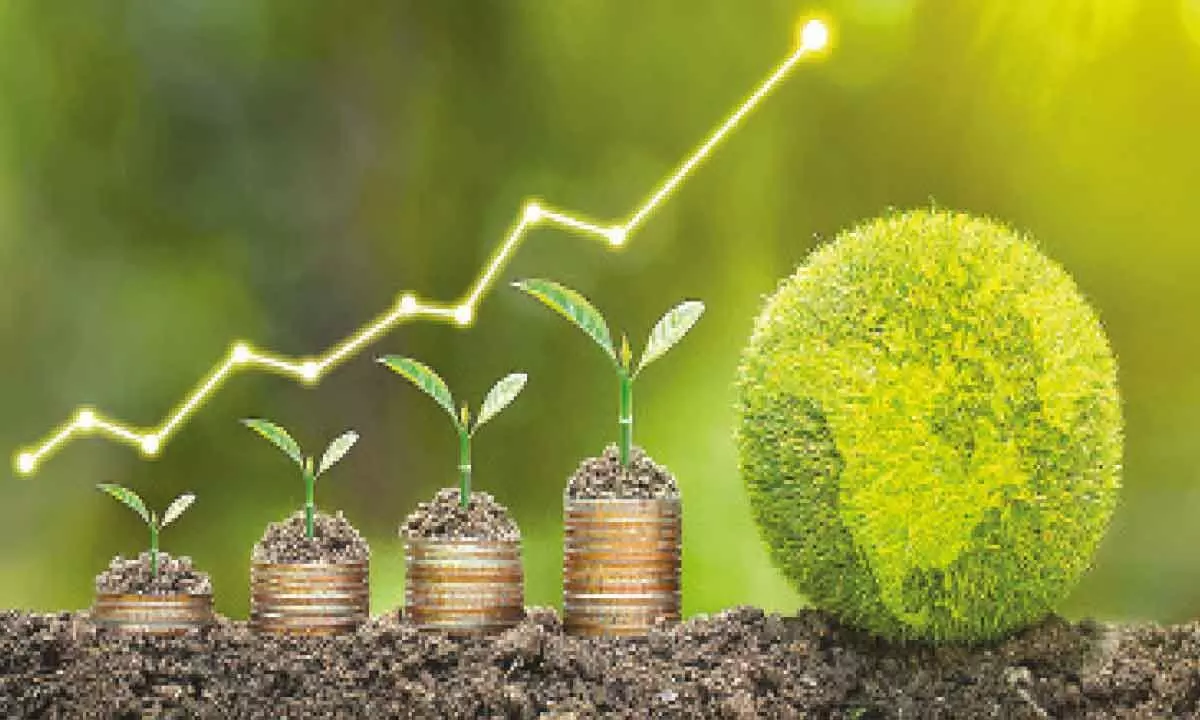Rs 143-trn infra spend on track by FY30: Crisil

Green investments account for `36.6lakh cr, says report
New Delhi: India will spend nearly Rs143 lakh crore on infrastructure between fiscals 2024 and 2030, more than twice the Rs67 lakh crore spent in the past seven financial yearsstarting 2017, rating agency Crisil said on Tuesday.Of the total, Rs36.6 lakh crore will be green investments, marking a five times rise compared with the amount spent during fiscals 2017-2023, it added.
“India’s infrastructure spending will double to Rs143 lakh crore between fiscals 2024 and 2030, compared with 2017-2023,”Crisil said in its Infrastructure Yearbook 2023. Crisil Ltd managing director and CEO Amish Mehta said the agency expects India’s gross domestic product to grow at an average 6.7 per cent through fiscal 2031 to be the fastest-expanding large economy.
“Per capita income is seen rising from $2,500 now to $4,500 by fiscal 2031, creating a middle-income country,” he said, adding that this growth will be underpinned by massive all-round infrastructure development, with sharp focus on integrating sustainability.”
While releasing ‘CrisilInfrastructure Yearbook 2023’, which includes a unique national index CrisilInfraInvex, Mehta said policy interventions and a conducive investment climate have aided the uptrend in the CrisilInfraInvex scoresacross sectors.
“Four of these -- roads and highways, power transmission, renewable energy and ports -- have an overall score of 7-plus (out of 10), which underscores the pace of reforms and developments of the past few years,” he added.
The rating agency noted that the next phase of infrastructure development will be marked by growth in the average ticket size of projects and a significant number of mega-scale projects. Appropriate and consistent policy and regulatory interventions and focus on timely execution build an attractive case for various stakeholdersto accelerate investments across infrastructure sectors, Crisil said. The rating agency predicted that prominent sectorssuch as roads and power are expected to remain major contributors, while relatively nascent ones such as EVs, solar, wind, and hydrogen will pick up pace.
“The share of EVs in India’s overall automobile sales is likely to reach 30 per cent by 2030. Two-wheeler EV sales are expected to outpace other segments up to 2028, while demand for EV buses will be driven by state transport undertakings,” it said.
According to Crisil, favourable total cost of ownership and total cost of acquisition, as well as model availability for two- and three-wheelerswill support EV off-take in coming years.














